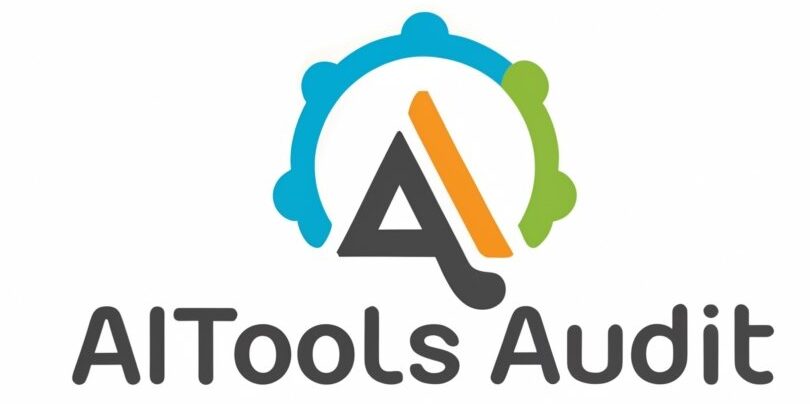It’s no secret that AI technology, specifically Gamma AI, is rapidly advancing and reshaping various industries, from healthcare to finance. However, with great power comes great responsibility. As we explore deeper into the capabilities of Gamma AI, it’s crucial to explore the ethical implications of its use and ensure that innovation is balanced with a strong sense of responsibility. In this blog post, we will discuss the ethical considerations surrounding Gamma AI and the importance of upholding ethical standards in the pursuit of technological advancement.
The Rise of Gamma AI
What is Gamma AI?
For decades, artificial intelligence has been evolving at a rapid pace, with different levels and capabilities emerging. Gamma AI represents a new wave of artificial intelligence that combines advanced machine learning algorithms with deep neural networks to mimic human cognition and decision-making processes.
Historical Development and Recent Advances
Recent years have seen significant strides in the development of Gamma AI, with breakthroughs in areas such as natural language processing, computer vision, and autonomous systems. These advancements have enabled AI systems to perform increasingly complex tasks with a higher level of efficiency and accuracy.
Another important aspect of the historical development of Gamma AI is the shift towards ethical considerations and responsible AI implementation. As AI technologies become more integrated into our daily lives, ensuring they align with ethical principles and human values is crucial.
Ethical Considerations in Gamma AI
Privacy and Data Security
Security of data and privacy is paramount when it comes to AI technologies like Gamma AI. It is crucial that organizations using this technology ensure that sensitive information is protected and only used for its intended purpose. Implementing strong encryption protocols and access controls can help safeguard data against unauthorized access.
Bias and Fairness in AI Algorithms
Considerations of bias and fairness in AI algorithms are crucial to ensure that the technology does not perpetuate discrimination or inequality. It is important for developers to continuously evaluate and mitigate biases in the data used to train AI models. By promoting diversity in datasets and implementing fairness metrics, organizations can strive to create more inclusive AI systems.
To address bias and fairness in AI algorithms, it is crucial to have diverse teams working on the development and testing of these technologies. By including individuals from varied backgrounds and experiences, potential biases can be identified and corrected before deployment. Additionally, ongoing monitoring and auditing of AI systems can help identify and address any bias that may emerge over time.
Regulation and Governance of Gamma AI
Current Regulatory Landscape
Governance of artificial intelligence, especially advanced systems like Gamma AI, is still in its early stages. Regulations vary significantly by country, with some providing detailed guidance on AI ethics and others having minimal oversight. There are concerns about the lack of standardized global regulations, leading to potential ethical and legal challenges as AI technology continues to evolve.
Future Directions and Proposed Frameworks
Future governance of Gamma AI requires a proactive and comprehensive approach to ensure ethical development and deployment. It is imperative for policymakers, technology developers, and ethicists to collaborate in designing frameworks that prioritize transparency, accountability, and fairness. Proposed guidelines include regular audits, explainability mechanisms, data privacy protections, and avenues for recourse in case of AI system errors or biases.
Balancing Act: Innovation vs. Responsibility
The Role of Industry Stakeholders
Many advancements in AI technology are driven by industry stakeholders who have a vested interest in pushing the boundaries of innovation. However, it is crucial that these stakeholders also prioritize ethical considerations to ensure that the technology is developed and used responsibly.
Fostering an Ethical AI Ecosystem
Any AI ecosystem must be built on a foundation of ethical principles and values to ensure that the technology benefits society as a whole. This involves collaboration between researchers, developers, policymakers, and other key players to establish guidelines and regulations that promote the ethical use of AI.
For a truly ethical AI ecosystem to thrive, transparency and accountability must be at the forefront of all initiatives. This includes clear communication about how AI systems are designed, trained, and deployed, as well as mechanisms for addressing any ethical concerns that may arise.
Innovation in AI should not come at the cost of ethical responsibility. It is vital for all involved parties to strike a balance between pushing the boundaries of technology and upholding ethical standards to ensure that AI serves the greater good of society.
To wrap up
The Ethics of Gamma AI – Balancing Innovation with Responsibility is a critical discussion that underscores the importance of considering the ethical implications of advanced technologies. As society continues to harness the power of AI, it is imperative that we prioritize ethical considerations to ensure that innovation is aligned with moral values and societal well-being. By striking a balance between the potential benefits and risks of AI, we can shape a future where technology serves as a force for good. It is our collective responsibility to uphold ethical standards and hold ourselves accountable for the consequences of our actions. Only by fostering an ethical framework can we truly maximize the potential of AI while safeguarding against its misuse.
